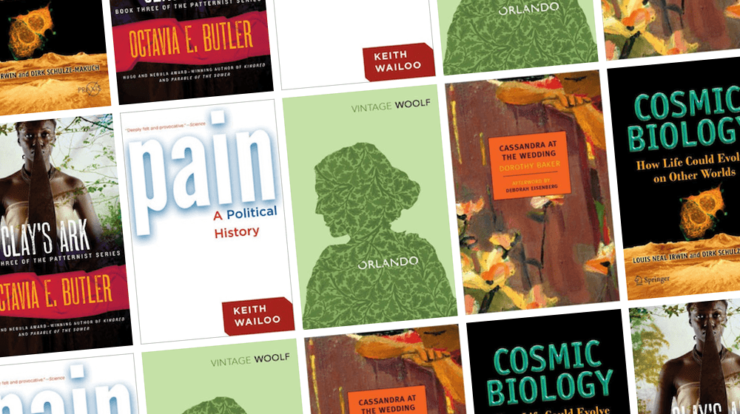I was lying in bed this morning, talking to myself. I’d had a good night, woke up only once, took a handful of ibuprofen, went back to sleep. Now the pain was back. Not too bad, but a little worse than before. A little thicker and heavier. Like a nagging toothache.
“I’m dying,” I said.
“Everyone’s dying,” I replied.
“Well, yeah. But I’m dying faster than most.”
What I meant was sooner, though it feels fast. Fast as in not a lot of time left.
The conversation continued. I have a lot of thoughts and feelings about dying. I’m sad, frustrated, disappointed, envious, resigned, curious, accepting, hopeful…the usual stuff, in other words. Pretty much what you’d expect.
I went round and round with this for a while, until it got to be too much. Unfortunately, this particular spiral doesn’t usually stop by itself. I have to do something to stop it, and nine times out of ten I reach for a book.
So what are the ones to read at this pivotal time? You’d think there’d be pivotal books, designed especially to help, or instruct, or comfort. To ease the transition and get over the hump.
Many in my large, extended family swear by the Bible. Some turn to it in times of need; others read it every day. One of them has good things to say about the Qur’an; obviously, world-wide, she’s not alone. Several in my family get comfort and guidance from various Buddhist texts and writers.
My birth family was secular. We did not practice religion, though at various times throughout my life I tried.
I cut my teeth on tales of fantasy and adventure. Later on, on stories of personal growth and transformation. Religious texts might have spoken to this, but by then I was interested in other things.
What things? What books have appealed to me through the years? More to the point, what appeals to me now, at this watershed time?
Turns out, the same books that have always appealed to me. Ones with good characters, good writing, and a strong, sympathetic voice. A good plot is always a plus; I love a page-turner that’s hard to put down. That said, plot to me isn’t critical. I’ve never minded putting down a book if the author has given me something exceptional to think about or feel or experience. These are the very best moments in reading, when my mind is blown and my breath is taken away.
What are the 5 books I recommend?
First, a cry of indignation and outrage. I can’t possibly limit myself to 5. 50 maybe. 500.
Okay, now I’m good.
5 books that make me think or feel, preferably deeply; that make me shake my head in wonder; that make me laugh; that inspire me (usually to stop reading and get to work); that let me escape, but never for too too long.
Clay’s Ark, by Octavia Butler
Biological SF at its finest. Written 35 years ago and reads as if it were penned yesterday. Unputdownable. Chilling, unflinching, humanistic and then some. It turns out that love and tolerance do help when you’re dealing with…well, with anyone.
Buy the Book
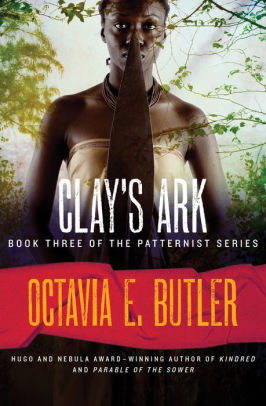

Clay’s Ark
Orlando, by Virginia Woolf
Her SF novel. Breezy, hilarious, and smart, with lots about writing and the writer’s life. And these immortal words about gender: “The change of sex, though it altered their future, did nothing whatever to alter their identity.” Woolf is a masterful satirist and teller of truth.
Buy the Book
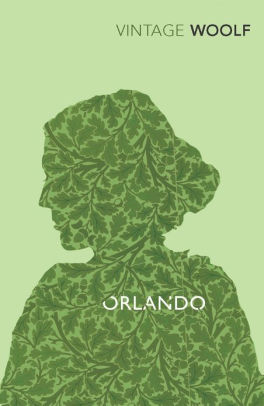

Orlando
Cassandra at the Wedding, by Dorothy Baker
A brilliant, beautifully written, psychologically astute novel about twins, loss, attempted suicide and…I won’t divulge the rest. With a brief but memorable appearance by a rarity in fiction: a sympathetic and very human psychiatrist. This is a book you’ll want to tell your friends about.
Buy the Book
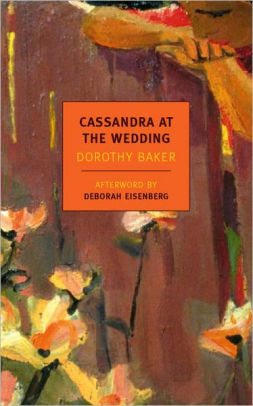

Cassandra at the Wedding
Pain: A Political History, by Keith Wailoo
The gripping story of pain and its treatment in the US from the 19th century to today. A master historian and storyteller, Wailoo examines our understanding of pain, our definition of pain, and our perception of pain through the decades. Shows the pendulum of treatment swinging back and forth, often holding whole groups hostage to misapprehension and prejudice. He pins today’s opioid crisis squarely where it belongs: on everyone. Big pharm, government, doctors, nurses, patients, pharmacists. How it did get so bad? Greed? Tunnel Vision? Deregulation? Put them together and what does it spell: free market capitalism.
Buy the Book
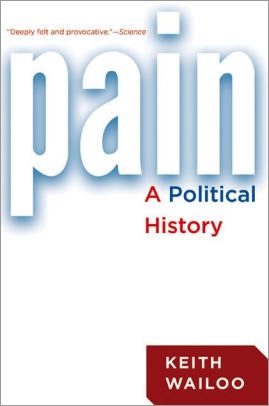

Pain: A Political History
Cosmic Biology, by Louis Neal Irwin and Dirk Schulze-Makuch
Subtitled “How Life Could Evolve on Other Worlds”, this is an expansive, detailed and thought-provoking book of hard science and imagination. It asks the key question: what is life? How can we define it? What are the common properties of living organisms on Earth? How do we distinguish living from non-living, when both share many of the same attributes? After tracing the evolution of life on Earth, the book takes off to other worlds in the solar system, considering the possibility of life on Mars, Venus, Europa, Titan, Io. And farther afield than that. What will life look like out there in the cosmos? Will it be carbon based and water based, as it is on Earth? Carbon is the most versatile atom in terms of building simple and complex molecules. But there are other atoms that can do the job. Water is unparalleled in bringing the ingredients of life—and living things themselves—together. But living things exist in waterless places. Perhaps extra-terrestrial life will be so different from us as to be unrecognizable. Perhaps we’ll be equally unrecognizable to it, or them. Cosmic Biology touches on all these topics, and more. It helped immeasurably in my writing of Longer. It’s a big book of ideas, but then, it’s a big universe.
Buy the Book
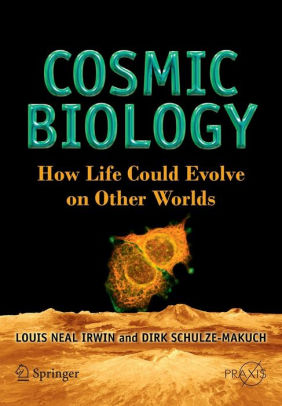

Cosmic Biology
These are the five I recommend today. Tomorrow there’ll be a whole new list.
Here’s a sneak preview:
- The Queen’s Gambit, by Walter Tevis. A troubled orphan finds her way, a prodigy comes of age, an addict gets straight. The early scene with the janitor in the basement kills me every time.
- The Chill, by Ross Macdonald. Sharp-eyed, humane, and relentless. The characters vibrate off the page. The ending is twisted and perfect.
- Calvin and Hobbes, by Bill Watterson. Consistently great. Any of the collections. All of them.
If Death doesn’t come in the night, I’ll give you the rest.
Michael Blumlein opens in a new window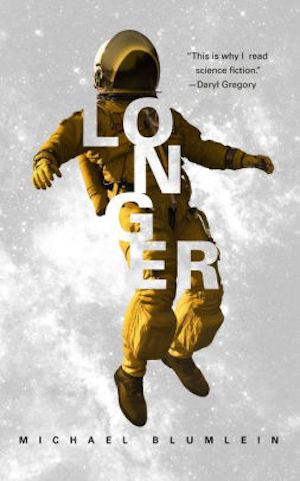 is the author of four novels and three story collections, including the award-winning The Brains of Rats. He has twice been a finalist for the World Fantasy Award and twice for the Bram Stoker. His story “Fidelity: A Primer” was short-listed for the Tiptree. He has written for both stage and film, including the award-winning independent film Decodings (included in the Biennial Exhibition of the Whitney Museum of American Art, and winner of the Special Jury Award of the SF International Film Festival). His novel X,Y was made into a feature-length movie. Until his recent retirement Dr. Blumlein taught and practiced medicine at the University of California in San Francisco. His novella Longer is available from Tor.com Publishing.
is the author of four novels and three story collections, including the award-winning The Brains of Rats. He has twice been a finalist for the World Fantasy Award and twice for the Bram Stoker. His story “Fidelity: A Primer” was short-listed for the Tiptree. He has written for both stage and film, including the award-winning independent film Decodings (included in the Biennial Exhibition of the Whitney Museum of American Art, and winner of the Special Jury Award of the SF International Film Festival). His novel X,Y was made into a feature-length movie. Until his recent retirement Dr. Blumlein taught and practiced medicine at the University of California in San Francisco. His novella Longer is available from Tor.com Publishing.










